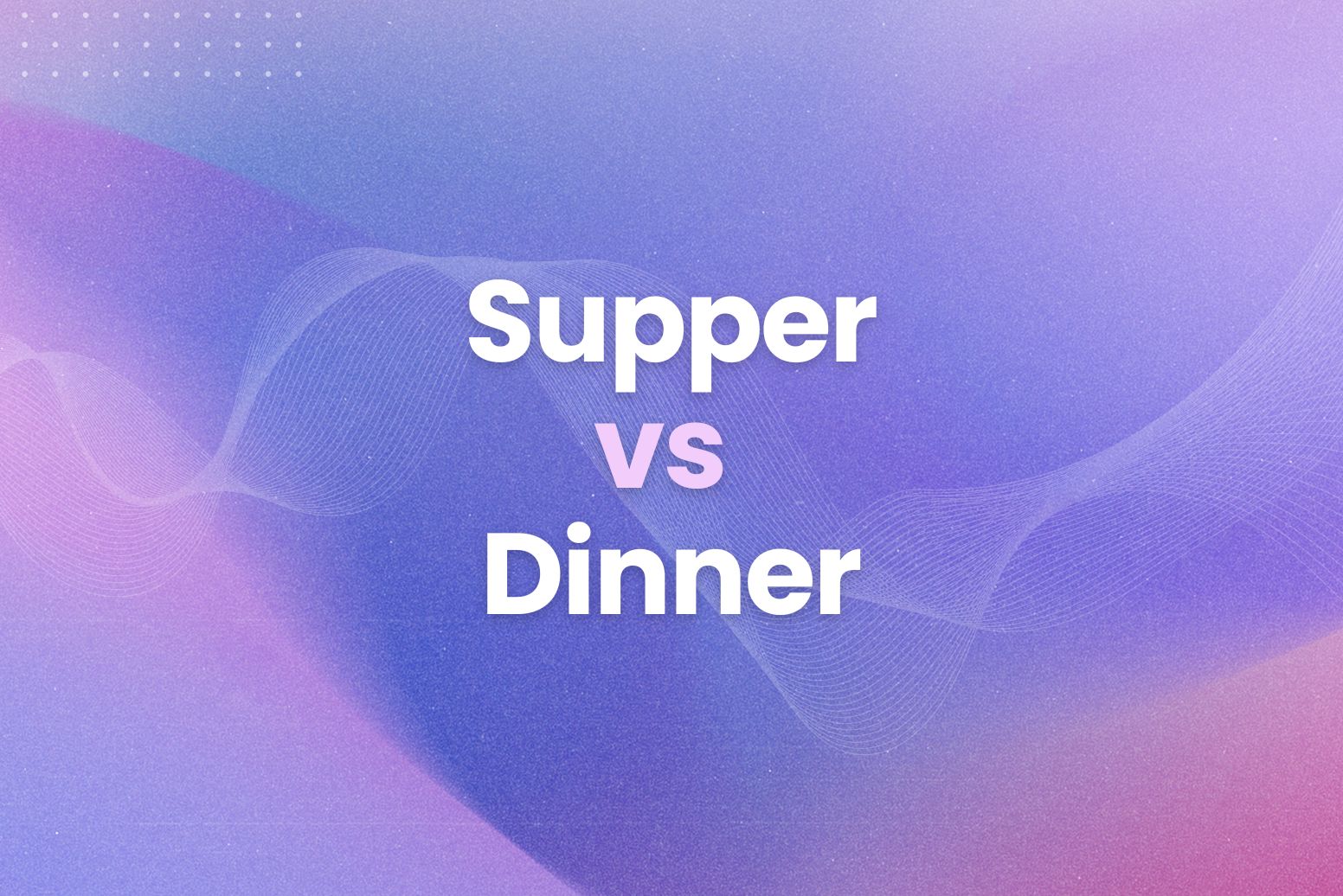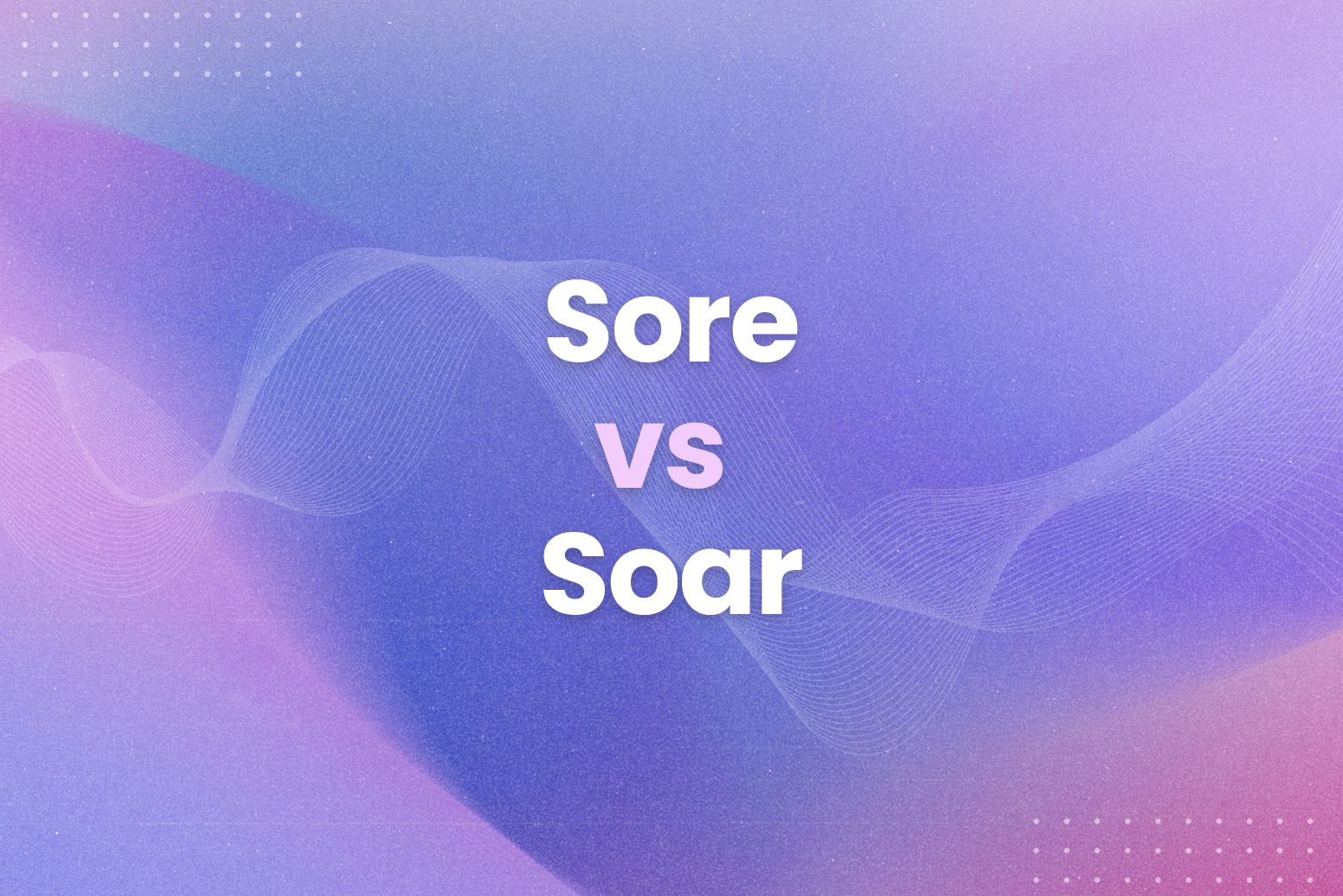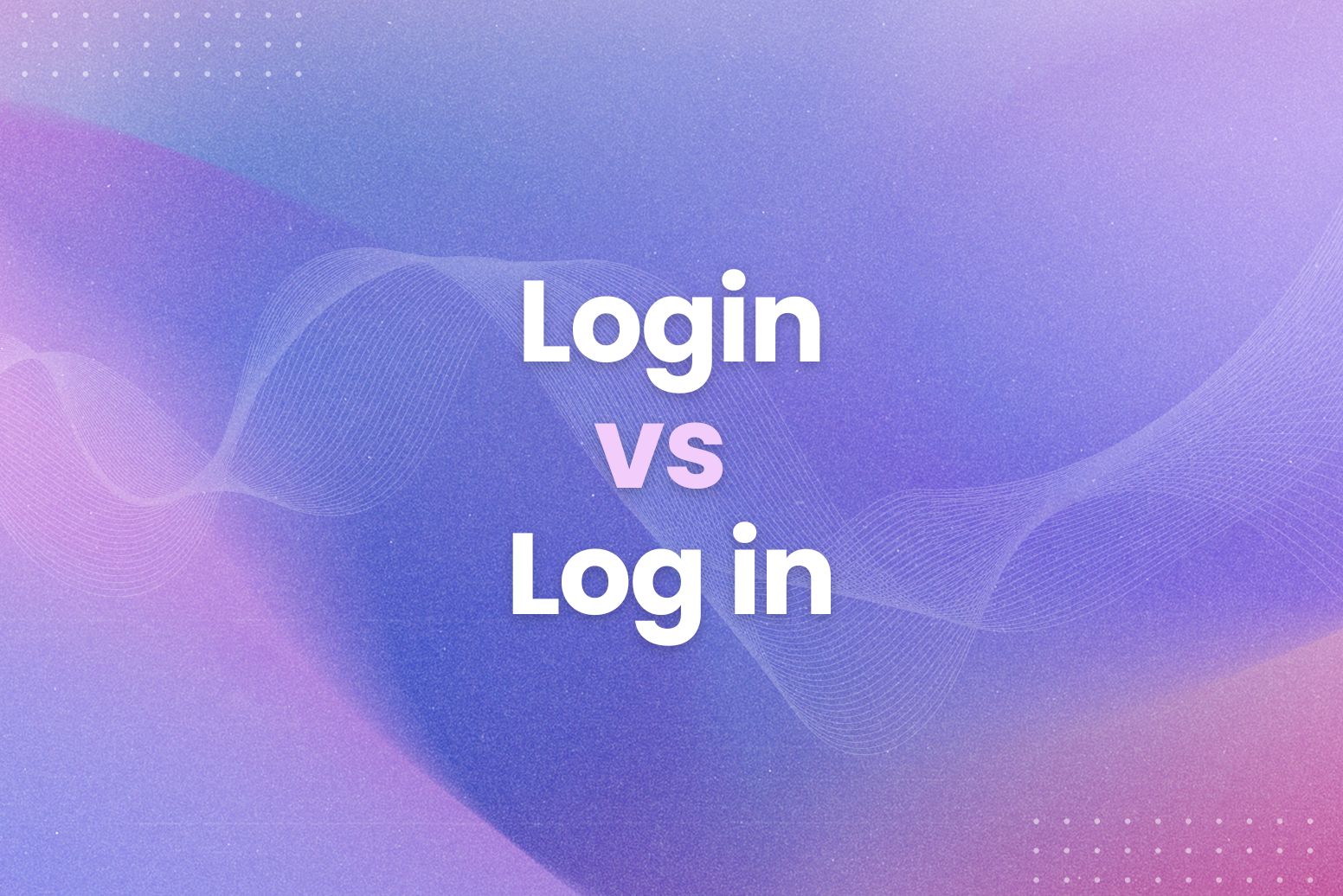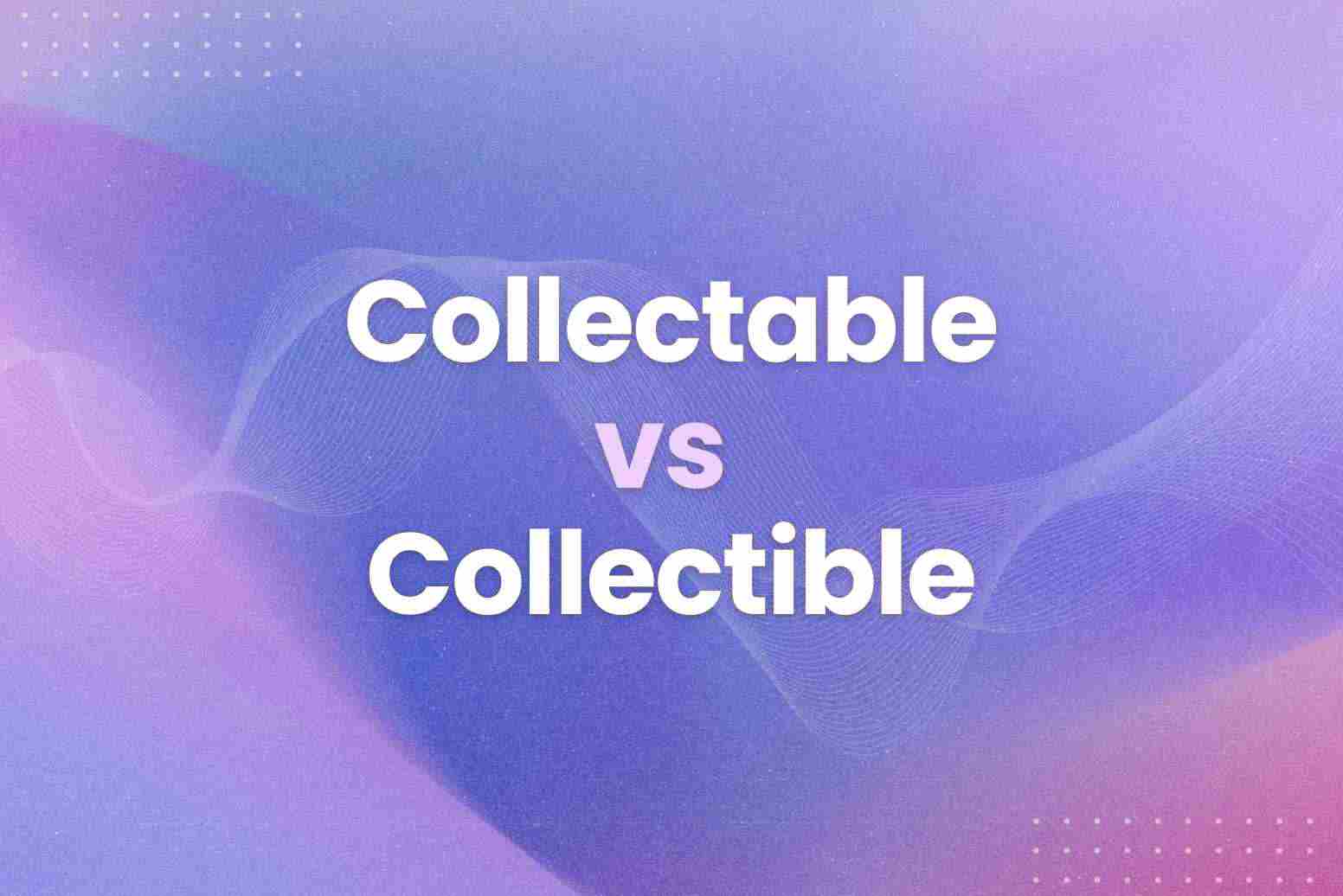Food is a universal language. But sometimes, even simple terms like supper and dinner can cause confusion. Are they the same? Or is there a hidden meaning behind these words? For instance, some folks use them interchangeably. On the other hand, others insist there’s a distinct difference. This article will clear up the confusion between supper vs dinner. We’ll explore the history of these terms. Further, we’ll look at how they’re used today. We’ll cover:
- The historical origins of “supper” and “dinner.”
- Regional differences in usage.
- The modern-day blurring of the lines.
- Whether there’s still a real difference.
The Historical Origins of “Supper” and “Dinner”
Food and language change over time. Similarly, the meaning of words like supper and dinner has shifted. Historically, “dinner” was the main meal of the day. This meal was eaten at midday. For instance, think of medieval banquets. These feasts took place during the day. Therefore, “dinner” was a substantial, midday affair.
“Supper,” on the other hand, was a lighter meal. This was eaten later in the evening. In other words, it was a small meal to break the fast until breakfast. For example, after a long day of work, people would have a simple supper. Thus, it was a practical meal.
As society changed, so did meal times. Consequently, with the rise of industrialization, people’s schedules changed. Subsequently, the main meal shifted to the evening. As a result, “dinner” became associated with the evening meal. Meanwhile, “supper” became less common. In short, the words swapped places in common usage.
This historical shift is important. Above all, it shows how language adapts to changes in our daily lives. This shift also explains why there’s confusion today. For instance, some people still use “supper” in its original context. It is important to remember that language is alive. It is constantly changing.
Regional Differences in Usage
While the historical context explains some confusion, regional differences add another layer. In some parts of the world, “supper” is still common. For example, in certain areas of the Southern United States and parts of the UK, people regularly use “supper” for the evening meal. In contrast, “dinner” is the more common term in other regions. Therefore, you might hear someone say, “We’re having supper at six” in one place. On the other hand, someone else might say, “Dinner’s ready” in another.
This difference isn’t just about geography. Moreover, it often ties into cultural and social factors. For instance, some families use “supper” to evoke a sense of tradition. In other words, it connects them to past generations. Similarly, some social groups might use “dinner” for more formal occasions. Therefore, a fancy restaurant might advertise “dinner service.”
This regional variation makes communication interesting. However, it can also lead to misunderstandings. For example, someone moving from one region to another might be confused by the different usage. Consequently, it’s important to be aware of these differences.
Arvin can help with this. For instance, if you’re reading a text with unfamiliar terms, Arvin’s grammar and context analysis can provide clarity. In other words, it can help you understand how words are used in different contexts. This is especially useful when dealing with regional dialects or older texts.
The Modern-Day Blurring of the Lines
Today, the distinction between supper vs dinner is less clear. For example, many people use the terms interchangeably. In other words, they don’t see a significant difference. This blurring is due to several factors. Consequently, changes in lifestyle and communication play a part.
For instance, with increased urbanization and globalization, regional dialects are less pronounced. Therefore, exposure to different ways of speaking has increased. Similarly, media like television and the internet spread common usage. As a result, the older, more specific meanings of “supper” and “dinner” have faded for some.
This blending of terms isn’t necessarily a bad thing. Moreover, it reflects the dynamic nature of language. In other words, language adapts to modern life. However, it can still create confusion in certain situations. For example, if you’re reading an older book or talking to someone from a different region, the context might be unclear.
Whether There’s Still a Real Difference
So, is there really a difference between supper vs dinner anymore? In short, it depends. It depends on context, region, and personal preference. For example, some people maintain a clear distinction. In other words, they use “supper” for a light evening meal. On the other hand, they use “dinner” for a more formal or substantial one.
However, for many, the difference has become negligible. Consequently, using either term is generally acceptable. Therefore, if someone invites you to “dinner” or “supper,” it likely means they’re inviting you for an evening meal. Similarly, you shouldn’t worry too much about using the “wrong” term. Most people will understand what you mean.
This flexibility in language is normal. Moreover, it shows how language adapts to changing times. In other words, words evolve to fit modern needs. However, understanding the historical and regional context can enrich our appreciation of language. For instance, knowing the origins of these words adds depth to our communication.
Clear Communication Made Easy With Arvin
So, while the debate of supper vs dinner might not be as heated as it once was, understanding the nuances of language is always worthwhile. These words offer a glimpse into history, culture, and how language adapts. Knowing this background enriches our communication.
Here are the key takeaways on supper vs dinner:
- “Dinner” historically was the midday meal.
- “Supper” was a lighter evening meal.
- Regional differences in usage still exist.
- Today, the terms are often used interchangeably.
- Context is key to understanding their meaning.
Language, like our meals, is constantly evolving. And just as we adapt our menus, we must adapt our understanding of words. Arvin can help you navigate these linguistic shifts, ensuring your writing is clear, precise, and appropriate for any audience. It’s like having a language expert at your side, ready to clarify any confusion, whether it’s about food or anything else.
FAQs About Supper vs Dinner
Is supper the same as dinner?
Not always. Historically, they were different meals. However, today, many people use them interchangeably. Therefore, context is important. In short, it depends on who you’re talking to and where they’re from.
What time is supper?
Traditionally, supper was a lighter meal eaten in the late evening. For example, after the main meal (which was dinner). However, since many use the terms interchangeably with dinner, it now refers to the evening meal in general. So, the time varies.
Is it dinner or supper in Canada?
Both terms are used in Canada. However, “dinner” is generally more common. For instance, you’re more likely to hear “dinner” in formal settings. On the other hand, “supper” might be used in more casual or family settings, especially in certain regions.
Which comes first, dinner or supper?
Historically, dinner came first (at midday), followed by supper (in the evening). Consequently, that was the order. However, given the modern blurring of the terms, this distinction is mostly irrelevant today. Therefore, either term refers to the main evening meal.






